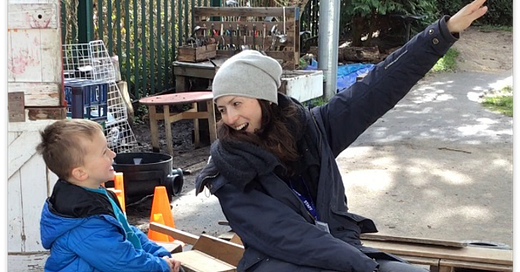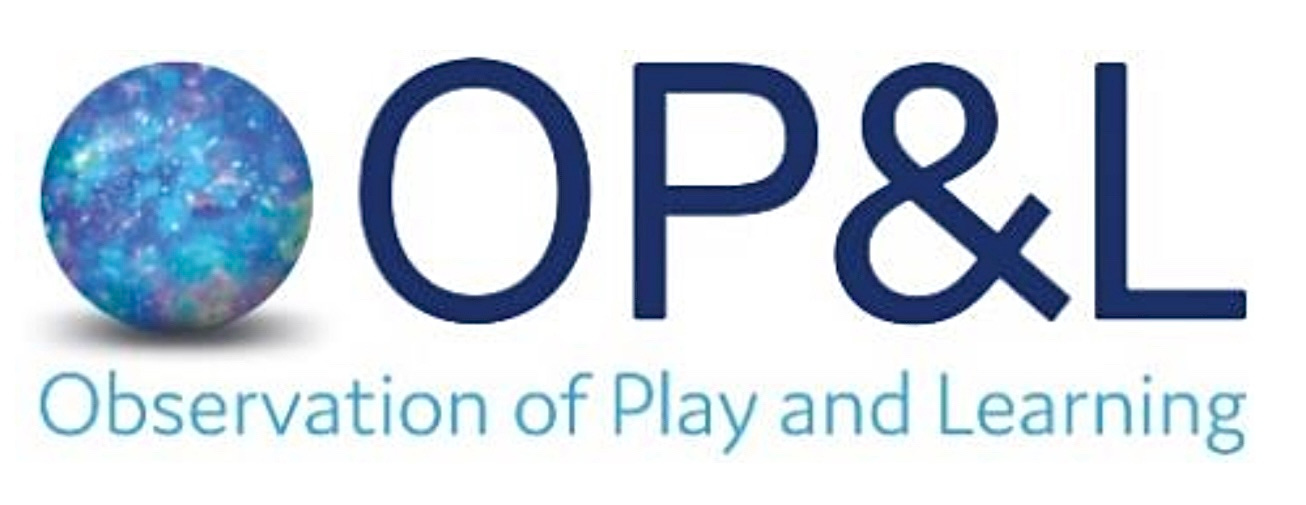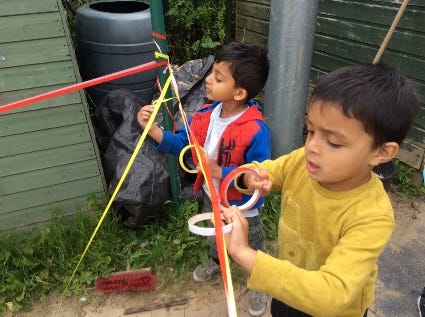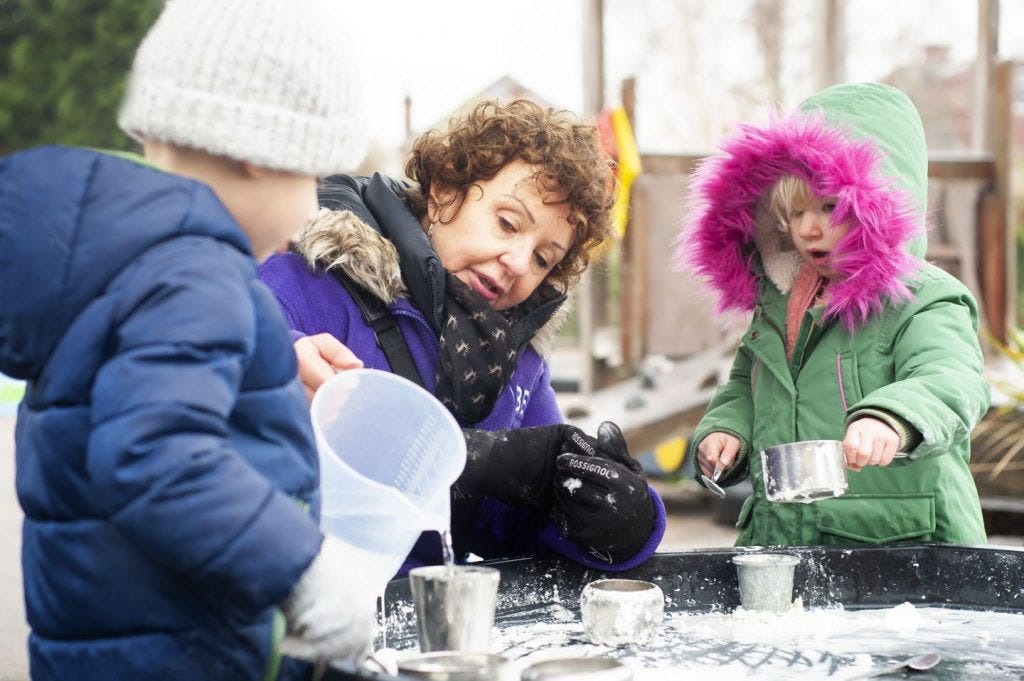Brilliant Idea - OP&L – Observation of Play and Learning
Bringing back the joy back of observing children in the Early Years
Every month on The PLAYlist, we’re bringing you a new ‘Brilliant Idea’, which is exactly as it says on the tin. We’re sourcing and sharing exciting ideas that will change your early years life! Each idea will always be free, and I’m really excited to be sharing Observation of Play and Learning (OP&L) this month.
I also want to say a massive thank you to Barnet Early Years Alliance for suggesting OP&L this month and providing the brilliant article you’re about to enjoy!
We’re always looking for new and exciting ‘Brilliant Ideas’, so if you have a suggestion for the next one, email it over to ideas@abcdoes.com.
Observing children in the early years should not be a chore. We decided to stand up to the increasing demands for ‘paperwork’ and ‘evidence’ with the aim of giving ourselves time. Time to spend interacting and playing with our children, not testing them.
Who are we? We are Barnet Early Years Alliance (BEYA), a Federation of three nursery schools in north London. We believe our BEYA Nursery Schools are places of possibility; living spaces where children and childhood are honoured, their ideas and abilities valued. A place where children and adults are learning from each other. Where children are seen as individuals and achievements are celebrated.
Several years ago we became increasingly frustrated with the assessment systems that were available for the early years. We didn’t want to assess our children against long lists of predetermined statements. We didn’t want vague, best fit judgements of emerging, expected and exceeding. We didn’t want our practitioners spending their time highlighting statements or collecting ‘evidence’ from behind iPads. The data we were generating didn’t tell us the story behind the child.
For example, this data didn’t tell us the amazing things Dawud could do with a roll of tape! Or about Hannah’s brilliant sense of humour and the fact she could give David Attenborough a run for his money with her knowledge of the Blue Planet.
It didn’t tell us that Annabel had lost her mum to cancer.
These are the things that matter to us and that matter to our children.
We felt we had a responsibility to do something about it, to tell the story behind the child. We wanted to shift the focus on observing to understand, rather than just assess.
“Stand aside for a while and leave room for learning, observe carefully what children do, and then if you have understood well, teaching will be different from before” (Loris Malaguzzi).
We wanted to give our practitioners back time we felt was wasted collecting unnecessary evidence. Who is this evidence for? We know that it is through our interactions that we get to know our children best. We believe that if we are behind an iPad capturing the moment, we cannot be part of the moment. We wanted to share and be a part of our children’s fascinations, their curiosities, the awe and wonder.
We set about developing an observation and assessment system that really works for the Early Years and that is fair for children. It has helped to transform the way that we work. Reducing paperwork significantly, observing without fixed agendas and building in time for quality reflection about children’s learning. We have shared it with other schools and settings and their feedback has encouraged us to share it as widely as we can.
So what did we do?
We got together with a range of professionals, including reception teachers, university colleagues, Early Years Educators, PVI managers and began to work on very simple
six-monthly child developmental milestones, which we could use to monitor children’s development. We have a responsibility to make sure all children are on track to meet child development milestones, but this should not be an arduous task. When you know children really well, you do not need data or copious written observations to make judgements about their learning. The milestones we have created are clear, easy to use and take a few minutes to complete. This means we have more time to think about our future planning to inspire and support children.
Assessment of our own practice is also key. We want to be sure that our teaching is the best it can be, that our environments are the best that they can be. We want to know that staff are well supported and everyone learns from each other. We are confident in the knowledge that this is what will help children to make the most progress.
Take Edward for example, a quick assessment tells us that he is reaching all his age-related milestones. Watching Edward, we know he loves to be outdoors, loves water play and being with his best friend, elbow deep in messy play, exploring cause and effect, however he tends to avoid mark making. So we then think about ways to extend and support this, providing new possibilities, opportunities and experiences.
We also know and value the importance and benefits of parent partnership in the early years. We understand that parents know their child best. Our system ensures that parents are part of the process throughout, working in close collaboration through conversations about their child’s learning.
We make it clear to parents that we will not be sharing hundreds of photos of their child as we would much rather be spending our time with them. Our parents have been happy with this and understand the reasons behind it.
BEYA is working hard to build a culture of collaboration beyond our three schools and Children’s Centre. We believe we have developed a truly wonderful Observation of Play and Learning (OP&L) assessment tool that the Early Years Sector can benefit from.
If you would like to learn more about our FREE OP&L assessment tool, please get in touch at opal@beya.org.uk
You can find more articles from OP&L in our ‘Articles’ or click the buttons below for:
We’re always looking for new and exciting ‘Brilliant Ideas’, so if you have a suggestion for the next one, email it over to ideas@abcdoes.com.











